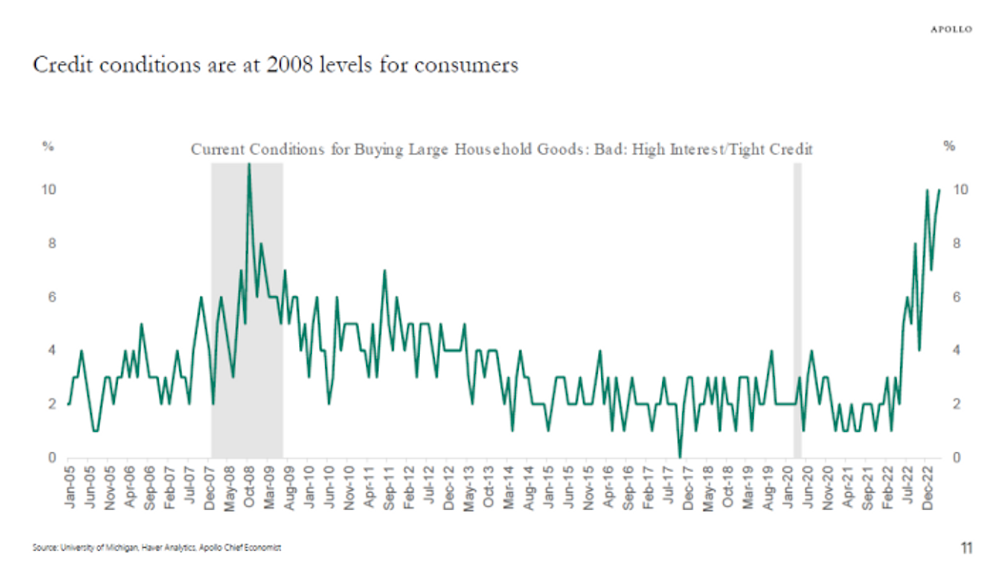WASHINGTON (MarketWatch)
The Federal Reserve on Tuesday was set to vote to
approve a proposal to implement a global agreement on bank capital buffers known
as Basel III, including a measure that would establish limits on a big bank's
capital distributions and bonus payments if the institution doesn't have certain
common equity buffers in place
The rules, implemented in response to the
financial crisis of 2008, are a critical step to ensure large institutions are
sufficiently cushioned against future financial shocks
However, regulators
decided to provide big banks with relief from a provision that would have
required large institutions to give higher risk weighting to certain types of
subprime and other mortgages
"With these revisions to our capital rules,
banking organizations will be better able to withstand periods of financial
stress, thus contributing to the overall health of the U.S. economy," said Fed
chairman Ben Bernanke in a statement
Welcome
stock market phases theorem.
Chief Artificial Intelligence.
Academic training in Fundamental Mathematics.
IA basada en Razonamiento Humano
Billie, Founder with academic training in Fundamental Mathematics and professional experience in Large Multinationals in the Information Technology sector, having held positions in high-level management positions, maintains that it is time to reduce Unproductive Public Expenditure and help the Private Sector in everything that is possible.
Cortesía de Investing.com
Cortesía de Investing.com
Agenda Macro
Calendario económico en tiempo real proporcionado por Investing.com España.




















1 comentario:
NEW YORK (MarketWatch) -- The majority of U.S. banks will be able to meet the tougher capital requirements set by regulators, which are positive for financial stability, according to a statement by Fitch Ratings on Friday. Most banks are well positioned to either meet or exceed the requirements set out by the Federal Reserve to meet the Basel III rules, said Fitch. The rules create a two-tier banking system, with the bigger banks facing the most stringent rules, while giving smaller banks some concessions. Small banks will not be required to apply unrealized gains and losses to common equity Tier 1 capital. The Fed approved final rules on July 2 and the Office of the Comptroller of the Currency (OCC) and Federal Deposit Insurance Corporation (FDIC) are expected to approve the rule in upcoming board meetings. Implementation of the rules will start January 2014 for most banks and 2015 for smaller banks.
Publicar un comentario